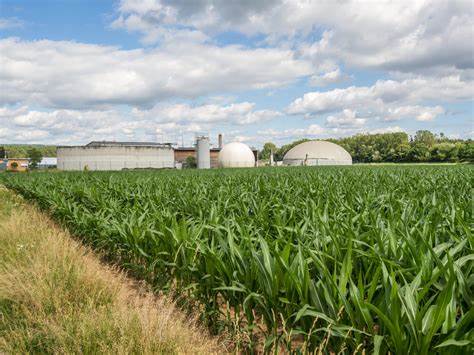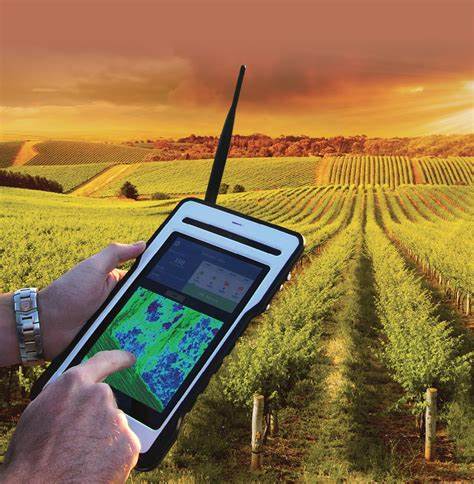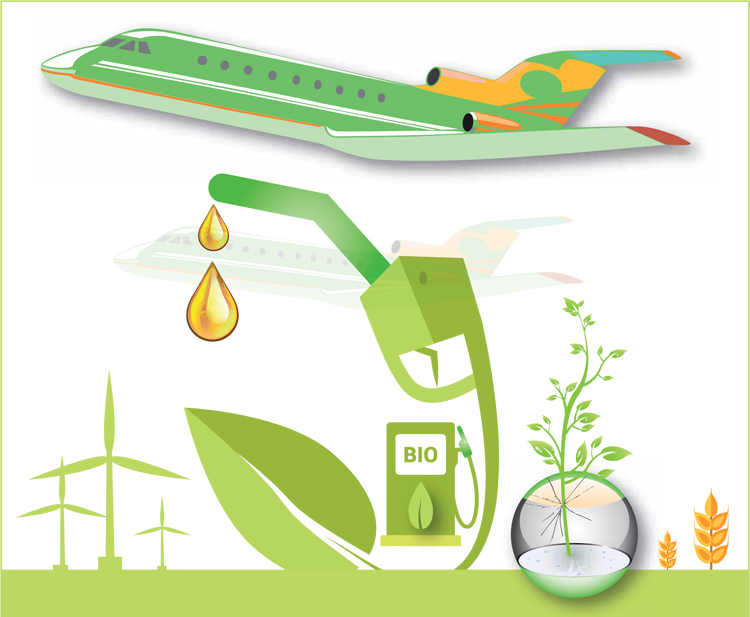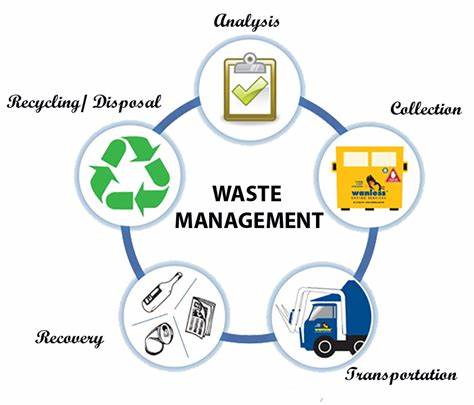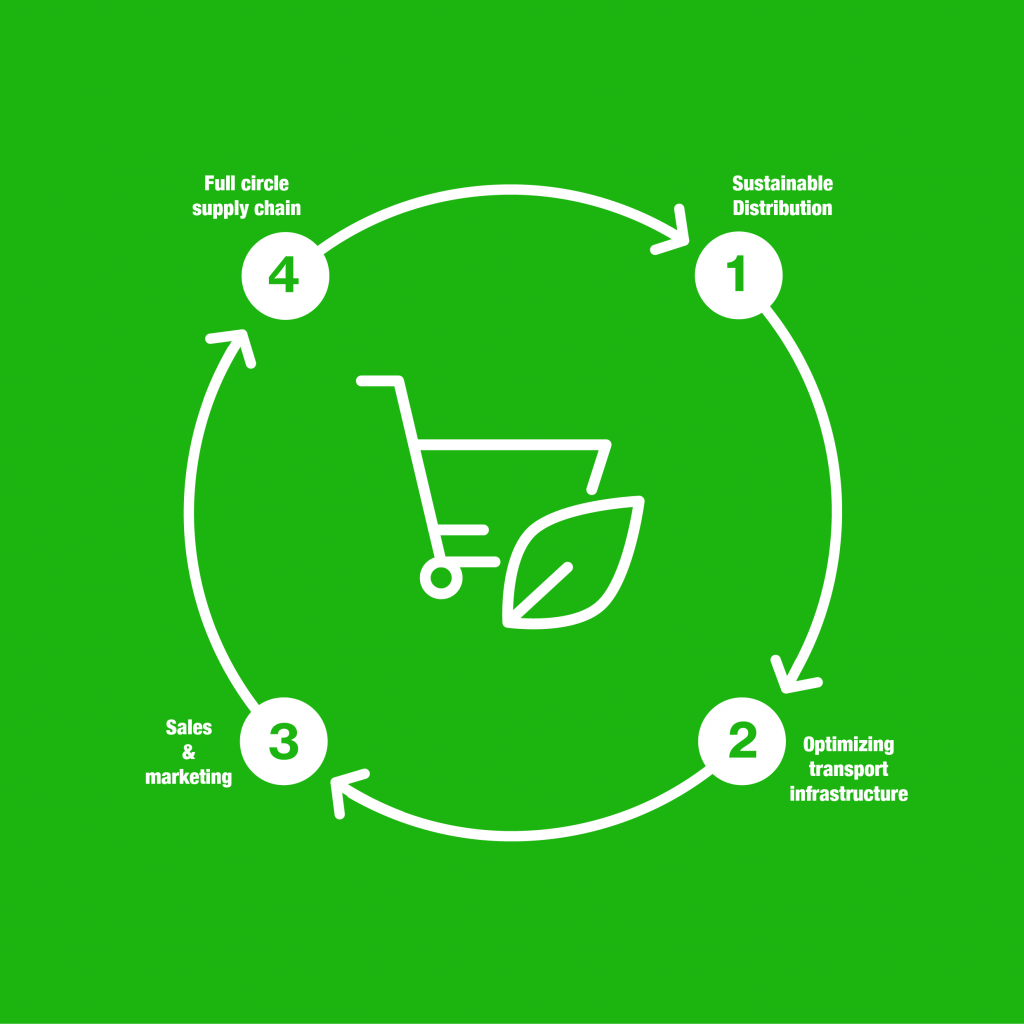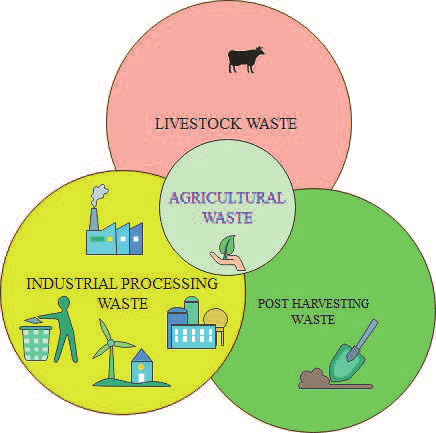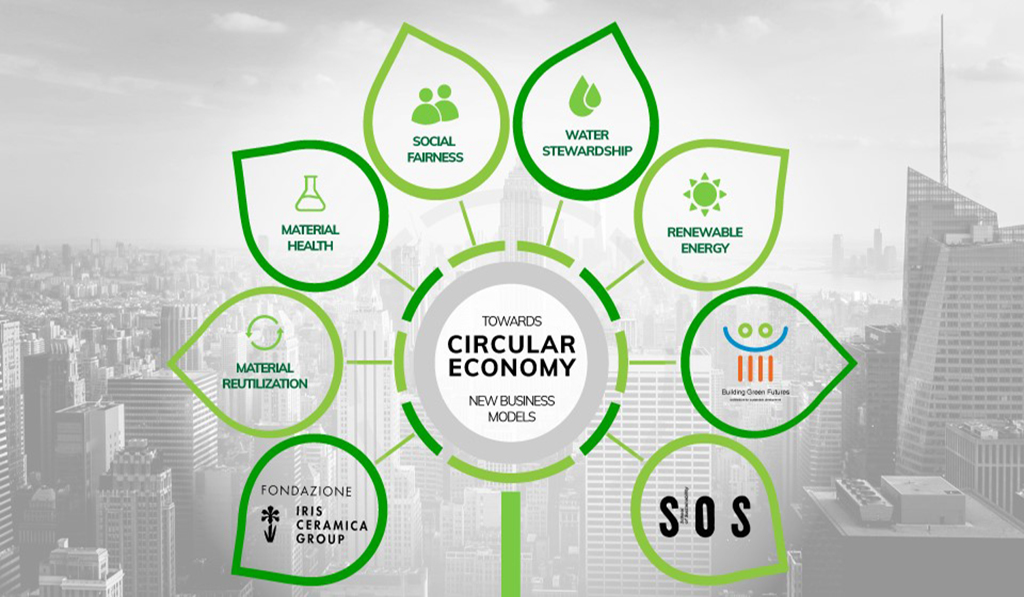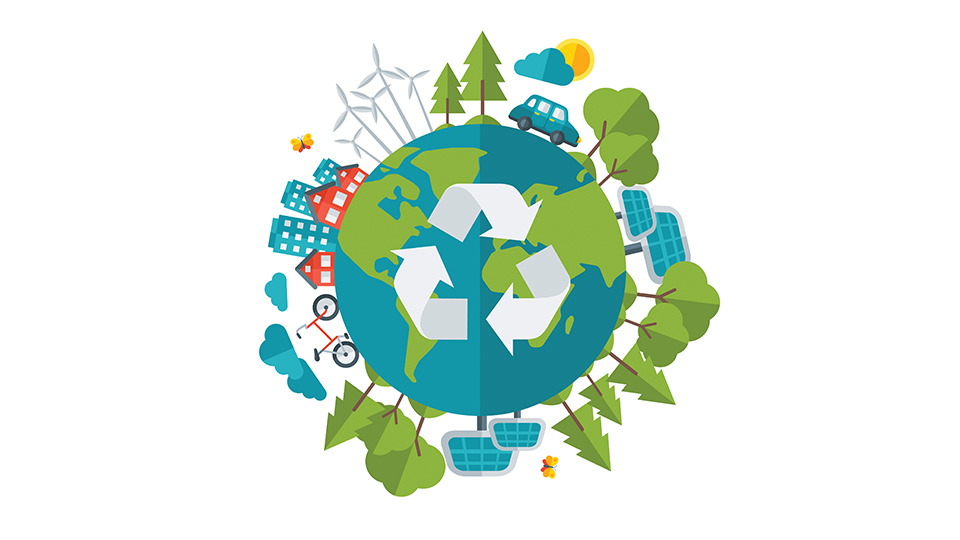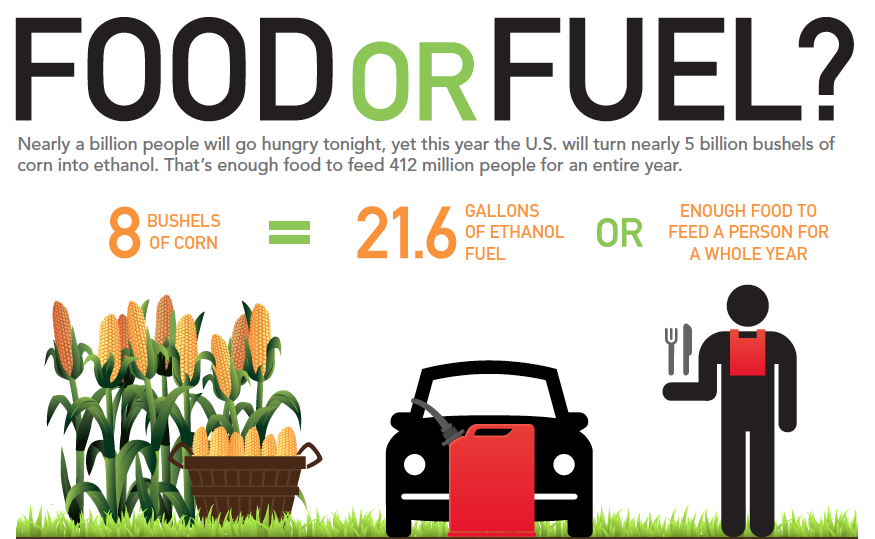Bioenergy Crops: Maximizing Yield and Sustainability for a Sustainable Future Introduction Bioenergy crops play a crucial role in addressing sustainability and energy needs in today’s world. As the demand for renewable energy continues to rise, it is important to maximize the yield and sustainability of bioenergy crop production. By doing so, we can meet the growing energy demands while minimizing the environmental impact. This article explores the historical background, key concepts and definitions, main discussion points, case studies, current trends, challenges, controversies, future outlook, and the importance of maximizing yield and sustainability in bioenergy crop production. Historical Background The origins…
Author: jenks2026
The Role of Organic Farming in Biofuels: A Sustainable Approach for a Greener Future Introduction The production of biofuels is greatly influenced by organic farming, which offers a sustainable approach to meeting our energy needs. This article aims to explore the relevance and importance of organic farming in biofuel production, providing a comprehensive analysis of its historical background, key concepts, main discussion points, case studies, current trends, challenges, future outlook, and concluding with a summary of the main points discussed. Historical Background Organic farming has its roots in ancient agricultural practices that relied on traditional methods to cultivate crops without…
The Role of Technology in Precision Agriculture and Strategies for Improving Biofuel Efficiency Introduction Precision Agriculture and Biofuel Efficiency are two interconnected concepts that play a crucial role in sustainable agriculture. This article aims to provide a comprehensive understanding of these topics and their relevance in the modern agricultural landscape. Historical Background Precision Agriculture has a rich history dating back to the 1980s when farmers began using GPS technology to improve crop yields. Simultaneously, Biofuel Efficiency has seen significant development and evolution over the years, driven by the need for sustainable energy sources. Key Concepts and Definitions Precision Agriculture refers…
Ethanol Blends and Their Impact on Vehicle Performance Introduction Ethanol blends have gained popularity as fuel additives in vehicles due to their potential benefits. This article aims to explore the historical background, key concepts and definitions, main discussion points, case studies or examples, current trends or developments, challenges or controversies, future outlook, and conclude with a summary of the main points discussed. Historical Background Ethanol has been used as an octane booster in gasoline for several decades. As technology advanced and concerns about emissions grew, ethanol blends became increasingly popular in the automotive industry. Key Concepts and Definitions Ethanol blends…
The Future of Biofuels in Aviation: A Sustainable Solution for a Greener Industry Introduction The aviation industry has long been dependent on traditional fossil fuels, contributing significantly to greenhouse gas emissions and climate change. However, the growing relevance and importance of biofuels in aviation present a promising solution to mitigate environmental impacts. This article explores the historical background, key concepts and definitions, main discussion points, case studies, current trends, challenges, and future outlook of biofuels in aviation. Historical Background The evolution of biofuels in aviation began in the early 2000s when the industry recognized the need for more sustainable fuel…
The Importance of Biofuels in Marine Transportation Introduction Biofuels play a crucial role in the pursuit of sustainable marine transportation. These fuels, derived from renewable sources such as plant oils and animal fats, offer numerous environmental benefits and can help reduce greenhouse gas emissions. This article explores the significance of biofuels in marine transportation, highlighting their relevance in the context of promoting sustainability and mitigating climate change. Historical Background The development and use of biofuels in marine transportation can be traced back to the early days of engine-powered ships. In the late 19th century, Rudolf Diesel designed the first compression…
The Importance of Data and Analytics in Waste Management Introduction Waste management is crucial for maintaining a sustainable environment. It involves various processes such as collection, transportation, disposal, and recycling of waste materials. Effective waste management practices are essential for minimizing environmental pollution and conserving resources. In recent years, the integration of data and analytics has emerged as a game-changer in waste management. This article explores the historical background, key concepts, main discussion points, case studies, current trends, challenges, and future outlook of data and analytics in waste management. Historical Background Waste management practices have evolved over time. In the…
Advanced Technologies Revolutionizing Recycling: Enhancing Sustainability and Resource Recovery Introduction Recycling plays a crucial role in promoting environmental sustainability and resource conservation by converting waste materials into reusable products. In recent years, breakthrough technologies have emerged, revolutionizing the recycling industry and offering new opportunities for enhanced waste management. This article explores the significance of these breakthrough technologies in shaping the future of recycling. Historical Background Recycling practices have a long history, dating back centuries and evident in ancient civilizations. However, it was not until the industrial revolution that recycling gained momentum. Major milestones in recycling technology development include the invention…
Corporate Leadership in Advancing Sustainable Waste Practices Introduction Corporate leadership plays a crucial role in advancing sustainable waste practices, promoting environmental sustainability, and fulfilling corporate social responsibility. This article explores the relevance and importance of this topic, highlighting the need for businesses to prioritize sustainable waste management. Historical Background The evolution of waste management practices in the corporate sector has witnessed significant changes. With sustainability emerging as a key focus area, businesses have shifted their attention towards adopting environmentally friendly waste practices. Notable milestones and initiatives have shaped the current approach to sustainable waste practices, driving businesses towards more responsible…
Circular Supply Chains: Reducing Waste in Production and Distribution Introduction Circular supply chains have gained significant attention in recent years due to their potential for reducing waste in production and distribution. By adopting a circular approach, businesses can minimize resource consumption, reduce environmental impact, and create economic value. This article explores the concept of circular supply chains and highlights their relevance in waste reduction efforts. Historical Background The concept of circular supply chains has roots in the early sustainability movements of the 1960s. It wasn’t until the 1990s that the idea gained traction in mainstream discussions. Over time, various milestones…
The Potential of Biodegradable Plastics in Waste Reduction Introduction Plastic waste has become a significant environmental concern, causing detrimental impacts on ecosystems and human health. In this article, we explore the potential of biodegradable plastics as a solution to reduce plastic waste. By understanding the background, key concepts, and current trends, we can assess the environmental, technological, and economic aspects of biodegradable plastics. This article aims to highlight the importance of biodegradable plastics in waste reduction efforts. Historical Background Plastics have revolutionized various industries due to their versatility and durability. However, concerns regarding plastic waste necessitated a shift towards sustainable…
Sustainable Agriculture and Organic Waste Management Introduction Sustainable agriculture and organic waste management are crucial for preserving resources and ensuring a sustainable future. By adopting sustainable practices in agriculture and effectively managing organic waste, we can minimize environmental impact, enhance soil health, and promote long-term sustainability. Historical Background The concept of sustainable agriculture emerged in response to the detrimental effects of conventional farming methods on the environment and human health. It focuses on preserving natural resources, promoting biodiversity, and maintaining ecosystem balance. Key Concepts and Definitions Sustainable agriculture is a farming system that utilizes environmentally friendly, socially responsible, and economically…
The Role of Startups and Entrepreneurs in the Recycling Ecosystem Introduction Startups and entrepreneurs are driving innovation, creating new business models, and promoting consumer behavior change in the recycling ecosystem. This article explores the historical background, key concepts, main discussion points, case studies, current trends, challenges, controversies, future outlook, and references related to their role. Historical Background Recycling has a long history, with the concept of reusing materials dating back centuries. However, it gained significant attention during the Industrial Revolution when mass production and consumerism led to waste accumulation. Recycling systems were developed during this time, but startups and entrepreneurs…
Introduction The circular economy has emerged as a concept for addressing environmental challenges and promoting sustainable development. By rethinking traditional models of production and consumption, the circular economy aims to reduce waste, conserve resources, and create a more equitable and prosperous society. In this article, we will explore the importance of the circular economy in driving job creation in the green sector, its relevance in the transition to a low-carbon economy, and the background that has shaped this concept. Historical Background The origins of the circular economy concept can be traced back to the 1960s, with the work of economists…
Introduction Waste management plays a crucial role in achieving the United Nations Sustainable Development Goals (SDGs). It encompasses a range of practices and strategies aimed at reducing, reusing, and recycling waste, as well as promoting responsible consumption and production. By effectively managing waste, societies can mitigate environmental impacts, promote socioeconomic development, and safeguard public health. Historical Background Over the years, waste management practices have evolved significantly. Traditionally, waste was disposed of in landfills or incinerated without much consideration for its long-term impact. However, as environmental concerns grew, the global community started recognizing the need for sustainable waste management. This shift…
The Human Right to a Clean and Sustainable Environment Introduction The concept of the human right to a clean and sustainable environment holds great significance in today’s world. With the increasing threats of environmental degradation and climate change, it is crucial to explore the relevance and implications of this right. This article aims to provide a comprehensive understanding of the human right to a clean and sustainable environment, delving into its historical background, key concepts, ongoing discussions, and potential challenges in its implementation and enforcement. Historical Background The recognition and development of the human right to a clean and sustainable…
Introduction Waste audits play a crucial role in enhancing corporate sustainability and environmental responsibility by helping businesses identify and address their waste generation patterns. In today’s world, where environmental responsibility is a top priority, waste audits have gained increasing relevance and importance. By quantifying and analyzing waste streams, businesses can uncover opportunities for waste reduction and resource recovery, leading to both environmental and financial benefits. Historical Background The practice of waste audits dates back several decades ago when the need for effective waste management became apparent. Over time, waste auditing practices have evolved, incorporating advancements in technology and a growing…
The Importance of Recycling and Sustainable Waste Management for Future Generations Introduction The topic of recycling and waste management holds immense importance and relevance in today’s world. As our global population continues to grow and consume resources at an alarming rate, it is crucial that we find sustainable solutions to manage our waste effectively. This article aims to shed light on the significance of recycling and waste management for future generations, highlighting its role in preserving the environment and ensuring a better future. Historical Background Throughout history, waste management practices have evolved significantly. From primitive methods of disposal to more…
Introduction Ethanol has emerged as a crucial player in the realm of renewable energy, offering a sustainable alternative to traditional fossil fuels. Its significance lies in its ability to address the pressing challenges of energy security and environmental sustainability. This article explores the historical background, key concepts, production, benefits, challenges, case studies, current trends, controversies, and future outlook of ethanol as a renewable fuel source. Historical Background Ethanol has a rich history as a renewable fuel source, with evidence of its usage dating back centuries. Early civilizations harnessed its potential for various purposes. However, it was during the oil crises…
Algae Biofuels: Harnessing the Power of Nature for Sustainable Energy Introduction Algae biofuels have emerged as a promising solution in the quest for renewable energy. With the world’s growing energy demands and increasing concerns about climate change, finding sustainable alternatives to fossil fuels is crucial. Algae biofuels offer a unique approach by utilizing the power of photosynthesis and the natural lipid content of algae to produce clean and efficient biofuels. In this article, we will explore the importance and potential benefits of algae biofuels and delve into their historical background, key concepts, main discussion points, case studies, current trends, challenges,…


